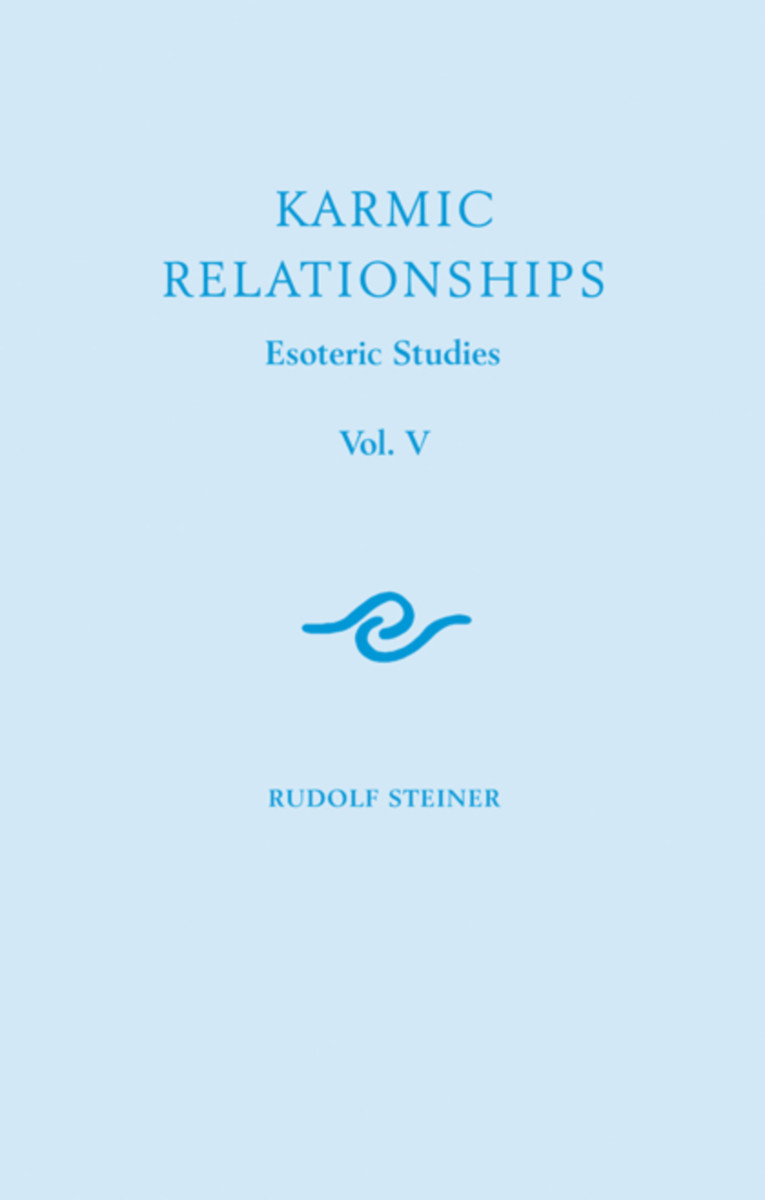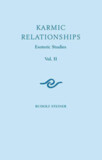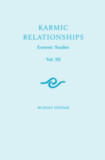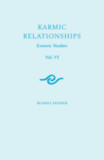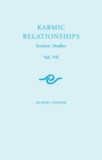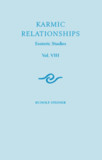- Publisher
Rudolf Steiner Press - Published
10th May 2011 - ISBN 9781855842571
- Language English
- Pages 128 pp.
7 lectures, Prague & Paris, March 29 - May 25, 1924 (CW 239)
Near the end of his life, Rudolf Steiner took up the task that was his special destiny—to bring knowledge of reincarnation and karma to the West. Consequently, he gave more than eighty lectures in 1924 to explicitly reveal the destinies of various individuals from one life to the next. He explained how the general laws of karma work in individual cases and revealed many details of the karmic streams of the members of the Anthroposophical Society. These volumes constitute an immeasurable contribution to the understanding of reincarnation and karma and the tasks of the Anthroposophical Society in connection with the Archangel Michael.
In volume five, Steiner discusses the difference between “moon karma” and “sun karma,” the influences of Christian and Islamic thinking, the transformation of inner human qualities from one life to the next, and much more.
These lectures, contained in eight volumes, may be Rudolf Steiner's most important contribution to our understanding of life and death, reincarnation and karma, and our place in the spirit worlds.
This book is a translation of 7 lectures (of 16) from Esoterische Betrachtungen karmischer Zusammenhänge, in 6 Bdn., Bd.5 (GA 239).
Rudolf Steiner
Rudolf Steiner (b. Rudolf Joseph Lorenz Steiner, 1861–1925) was born in the small village of Kraljevec, Austro-Hungarian Empire (now in Croatia), where he grew up. As a young man, he lived in Weimar and Berlin, where he became a well-published scientific, literary, and philosophical scholar, known especially for his work with Goethe’s scientific writings. Steiner termed his spiritual philosophy anthroposophy, meaning “wisdom of the human being.” As an exceptionally developed seer, he based his work on direct knowledge and perception of spiritual dimensions. He initiated a modern, universal “spiritual science” that is accessible to anyone willing to exercise clear and unbiased thinking. From his spiritual investigations, Steiner provided suggestions for the renewal of numerous activities, including education (general and for special needs), agriculture, medicine, economics, architecture, science, philosophy, Christianity, and the arts. There are currently thousands of schools, clinics, farms, and initiatives in other fields that involve practical work based on the principles Steiner developed. His many published works feature his research into the spiritual nature of human beings, the evolution of the world and humanity, and methods for personal development. He wrote some thirty books and delivered more than six thousand lectures throughout much of Europe. In 1924, Steiner founded the General Anthroposophical Society, which today has branches around the world.


